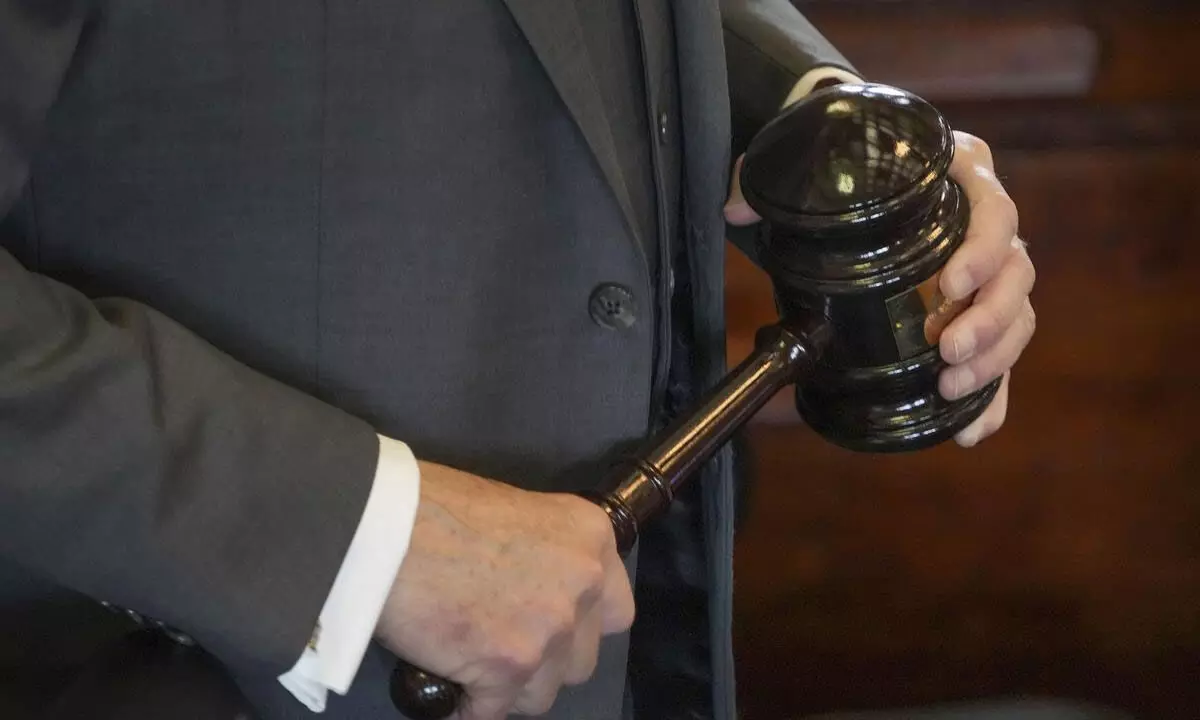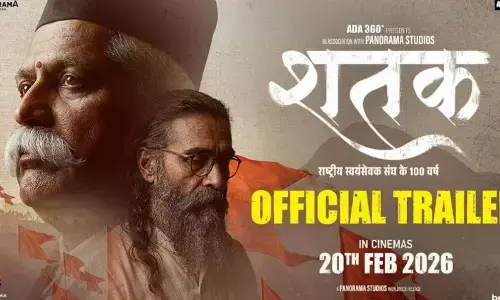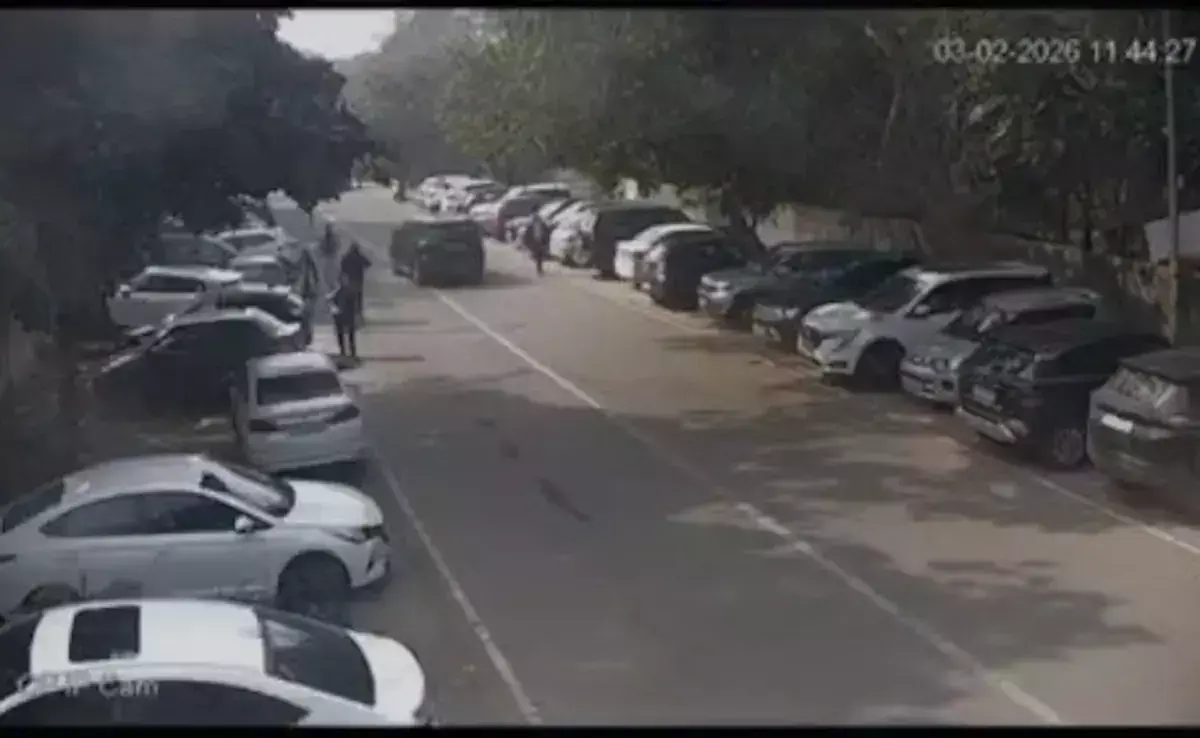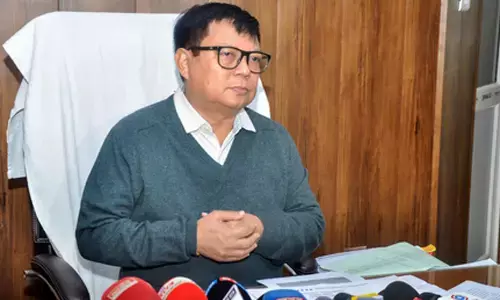Minor's presence in bail hearings leaves adverse impact

Minor’s presence in bail hearings leaves adverse impact
The presence of a minor victim in court during arguments in a sexual assault case has an adverse impact on her psyche and she should not be traumatised repeatedly by reliving the incident, the Delhi High Court has said while issuing a set of guidelines to reduce the trauma of the survivors of such crimes.
New Delhi: The presence of a minor victim in court during arguments in a sexual assault case has an adverse impact on her psyche and she should not be traumatised repeatedly by reliving the incident, the Delhi High Court has said while issuing a set of guidelines to reduce the trauma of the survivors of such crimes. The high court said the psychological impact on a POCSO case victim being present in court during the arguments is grave as there are allegations and accusations doubting the integrity and character of the prosecutrix (survivor) and her family.
"The presence of the prosecutrix victim in court at the time of arguments, according to me, has an adverse impact on the psyche of the prosecutrix. The prosecutrix is forced to be present in court with the accused, who is the same person who has allegedly violated her. "It was felt that it would be in the interest of the victim that she is not traumatised again and again by reliving the said incident by being present in court proceedings," Justice Jasmeet Singh said in an order on January 11.
During the hearing of an appeal by an accused in a case of sexual assault on a minor girl, the counsel for the man and a representative of the legal services authority pointed out that many victims in Protection of Children from Sexual Offences (POCSO) cases were being asked to appear physically or virtually in court at the time of hearing bail applications.
This led to a situation where the victims were forced to potentially interact with the accused, the counsel said. Noting the submissions, the high court had asked the lawyers in the case to give suggestive practice directions to which the judge agreed. "...I am in agreement that the said directions, if implemented in true letter, spirit and intent, may help in reducing the trauma of POCSO victims. In this view of the matter and in addition to the practice directions issued earlier, it is further directed that during bail hearings of a POCSO case, the following guidelines shall also be adhered to...," the judge said.
According to the guidelines, the victim can be produced before the court, either by the investigating officer (IO) or support person, or by taking assistance of the District Legal Services Authority. Hybrid form of hearing of bail applications would suitably address the concerns of the victim while safeguarding the rights of the accused, and they shall not come face to face. This can prevent the re-traumatisation of the victim, the guidelines said. As per the guidelines, if an alleged victim gives in writing that her counsel or parent or guardian or support person shall appear on her behalf and make submissions on the bail application, insistence on her physical or virtual presence should not be made.
They said while recording the submissions or objections of the alleged victim on the bail application, appropriate questions may be put to her to elicit her response instead of bluntly asking her "Do you want bail to be given to the accused or not?" Instead, "questions can be put to her to ascertain what her apprehensions and fears are in case the accused is granted bail in the matter, for bail is to be granted by the court concerned on the basis of overall appreciation of facts and circumstances of the case and in the light of well settled principles governing the grant of bail," the guidelines said.
The court said whenever a victim comes to court for a bail hearing, the support person provided to her should be present with her to extend necessary psychological or logistical support. "It may further be clarified that victim's presence may not be insisted on in cases under POCSO Act, where the accused is a child in conflict with law, because the considerations for grant of bail to the child in conflict with law are not dependant on the apprehensions of the prosecutrix.











